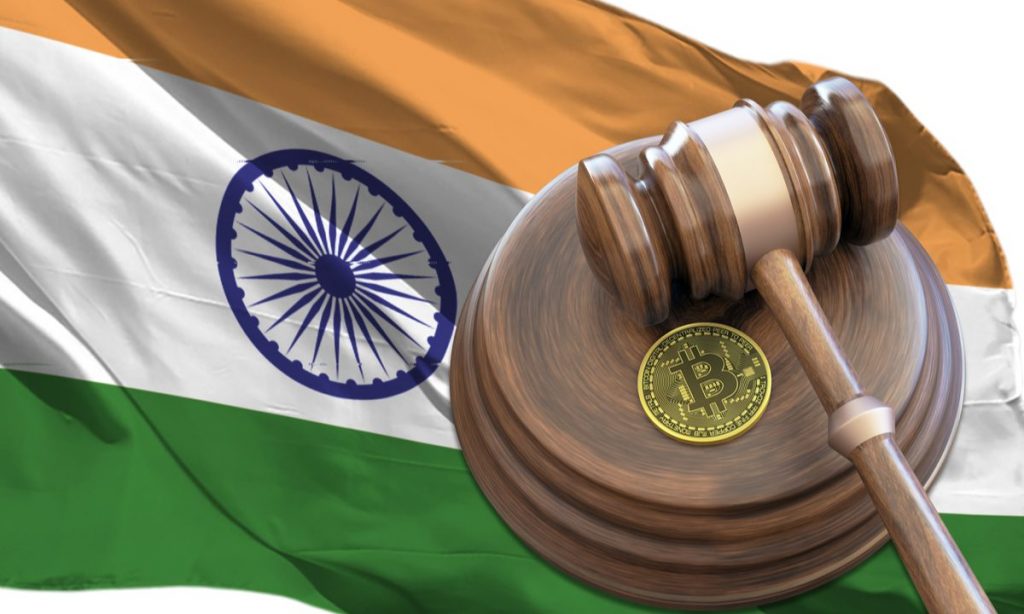
The post Crypto Crackdown: India Tightens Grip on Offshore Exchanges appeared first on Coinpedia Fintech News
India’s crypto scene is witnessing a significant makeover, thanks to recent directives from the Indian parliament. Get ready as the country tightens its control on foreign crypto exchanges, now required to adhere to strict anti-money laundering and counter-terrorism financing regulations.
A total of 28 Offshore Virtual Digital Asset (VDA) service providers are now on a registration journey similar to their foreign counterparts. Not following these rules could lead to serious consequences for offshore exchanges.
Hang on, because India’s crypto regulations just got a major upgrade! Here’s the complete story.
Registering with KYC: VDA Giants Take the Plunge!
In a recent update from the Finance Ministry, key players in the crypto world, including WazirX, Coin DCX, and Coinswitch, have officially aligned themselves with India’s Financial Intelligence Unit.
These entities, now called “reporting entities” under the Prevention of Money Laundering Act, must perform Know Your Customer (KYC) procedures for clients and platform users.
This rule extends to offshore crypto exchanges serving the Indian market, with potential legal actions for non-compliance. It’s a significant step by the Indian Government to regulate crypto exchanges, spurred by global concerns about fraud and terror links.
Also Read: India’s Supreme Court Rejects Call for Crypto Regulation, Citing Legislative Jurisdiction
Minister Pankaj Chaudhary Speaks Out
Minister of State for Finance, Pankaj Chaudhary from the Finance Ministry, confirmed these guidelines during a session in the Lok Sabha. The focus was on initiating the registration process for these VDA service providers.
Among the notable entities already on the registry are Neblio Technologies Pvt Ltd (Coin DCX), Zanmai Labs Pvt Ltd (WazirX), Bitcipher Labs LLP (Coinswitch), Nextgendev Solutions Pvt Ltd (CoinswitchX), and Awlencan Innovations India Ltd (Zebpay).
This move aligns with the anti-money laundering law’s requirements, emphasizing the need for maintaining comprehensive KYC details, identity evidence for clients and beneficial owners, and relevant account files and business correspondence.
Understanding India’s Crypto Strategy
Is this a strict crackdown on crypto assets, or is India crafting a comprehensive set of crypto rules? In a decisive move back in September, the Indian Government endorsed the swift implementation of the Crypto-Asset Reporting Framework (CARF).
This framework, aimed at standardizing crypto transaction tax reporting, was included in the G20 declaration. It advocates for enhanced crypto data sharing and tax transparency for foreign financial accounts.
India’s Prevention of Money Laundering Act (PMLA) and KYC norms signify a crucial moment in the country’s crypto landscape, setting a new standard for compliance and regulatory expectations in the dynamic and rapidly evolving digital asset market.
Here’s Some More Context: India’s Recommendations for Global Crypto Regulations: What You Need to Know
#News #CryptoRegulations [Source: Coinpedia]


 Big update in crypto from the Indian
Big update in crypto from the Indian parliament.
parliament. 